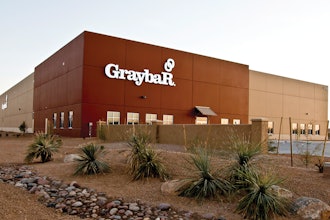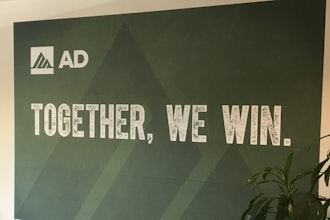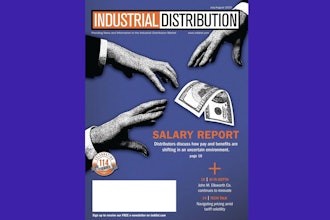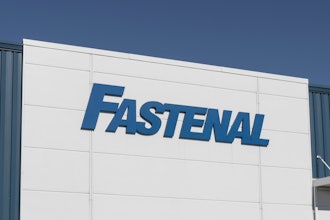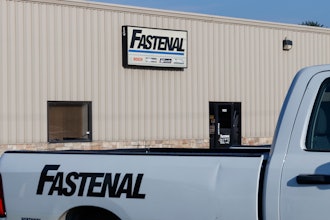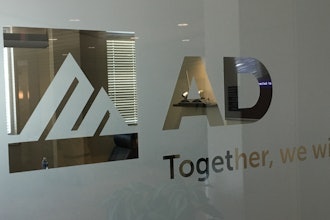
Rarely, if ever, does a purely low-priced bid create a sustainable partnership. However, when it comes to formalized supply contracts, it is well known that many companies do in fact award the business to the low-bidder, only to later regret the decision when service issues crop up more often than anticipated.
It may sound like a paradox, but here’s what it means: Customers often need help seeing the big picture. To meet this demand, you need salespeople that don’t just take and manage orders. You need sellers that provide relevant value-added services because they understand the true needs of their customers. Those that can do this are able to command increased margins as a result.
An excellent field sales rep knows how to submit a bid that is higher than the rest of the competition and still win the contract.
Here’s how:
Skip the race to the bottom
Believe it or not, you can provide lower costs to your customers without granting bigger discounts, but it isn’t always easy to do. Discounting products can be an attractive approach to win some contracts, but it is often an unsuccessful fix to a larger problem. Set yourself apart by being transparent with your customers. Salespeople need to be having proactive conversations with decision-makers about how their bid will look higher than the competition, but also show them how your bid is designed to improve their net value over time.
Your customers aren’t gullible. They’re likely sick of endless promotions and trinkets and will appreciate your investment in their long-term success. For this to be successful, do not ignore the importance of having the right audience and making sure that you are aware of what is truly important to them. If low-price is still the ultimate deciding factor at the end of the day, you must choose between walking away or reaching an attractive quid-pro-quo agreement to be successful at lower margins.
Innovate supply chain solutions
Successful sales reps conduct needs analysis for their customers. Instead of just low-balling products (path of least resistance), consider strategically adjusting the price-per-item based on caveats tied directly to supply chain behaviors.
As an example, you can offer a lower price per unit if the item is ordered in large quantities on a predetermined and infrequent basis. If the added convenience of a just-in-time approach is more desirable, then the price per unit will be higher to provide that type of service. The key to success here is an intimate understanding of the customer’s processes and constraints as it relates to each item on the contract. Knowing these factors provides you with the inputs to begin estimating potential savings in areas like labor costs or downtime prevention. The sales rep can then pair that with internal data around the distributor’s cost to serve model and create a win-win scenario for both parties.
Quantify your efforts for customers
As a contractual supplier, one of the biggest mistakes you can make is not actively documenting how much value you are delivering to your customers. Think about whether you’ve helped them cut shipping and holding costs through vendor-managed inventory engagements or how much costly downtime you helped them avoid with your brilliant supply chain solutions. These things aren’t as quick or easy to see as a line-item discount during the bid process, but they are typically far more valuable in the end, so measure it!
By proactively showing how your total relationship innovations put hours back into the hands of purchasing agents, shift managers and payables coordinators, you’re demonstrating how you exceed the competition by outweighing their per-item price cuts and are offering more sustainable value. Because seeing is believing, customers tend to underestimate the value of these efforts unless they’re quantified, so get documenting.
While discounts and lower price tags may sometimes win the battle, creating value for customers while maintaining healthy margins wins the war. Distributors who  Shisko
Shisko
McKinnon Shisko joined Indian River Consulting Group in 2019 as Senior Associate Consultant. McKinnon leverages his diverse experience and wide range of expertise to help distribution and manufacturing organizations and teams effectively and efficiently achieve their desired results. Contact Shisko at [email protected] or visit ircg.com.










